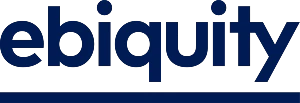According to recent figures from the Internet Advertising Bureau, digital advertising spend has increased 15% year-on-year. For the first half of 2018, brands in the UK invested £6.36bn. This means advertisers need digital marketing and media support more than ever. Digital is a broad term, and includes a wealth of channels and opportunities. These include paid search, programmatic advertising, social media advertising, affiliate marketing, search engine optimisation and many more. The proliferation of channels is often overwhelming to advertisers. Understanding how to best reach potential customer’s eyeballs – and pockets – is getting harder.
It is clear that we have reached peak complexity in digital advertising. Despite Google, Facebook and Amazon accounting for the biggest proportion of digital advertising spend, there are myriad choices across paid, owned, and earned digital media. The right agency partner capability and resource across digital has never been more important. With this reality, there has been a growing requirement from advertisers for expert, independent advice in selecting best-fit, best-in-class agency partners.
While the advertiser – agency – agency selection consultant dynamic is nothing new, the complexity and fragmentation in digital media means advertisers need sound operational, tactical, and strategic advice in their agency evaluation process. Historically, advertisers often saw agencies as commoditised media buying houses and selected agencies based purely on the best commercials; the lowest price for traditional media such as TV and print.
The Digital era
Digital has ushered in a new era. Fees and commercials still matter. However, a long list of new areas now command attention. These range from operational bidding tactics to overarching technology strategy. Many require deep knowledge of how advertising technology works, the dynamic of the ‘sell’ and ‘buy’ side in programmatic advertising, the inner workings of something called demand side platforms, use cases for data management platforms, and much more. Much of it often technobabble to non-experts.
Selecting a digital agency partner has also become more subjective – and hence harder. If advertisers fail to activate technology optimally, this could impact both sales and ROI negatively. It is safe to say that there are risk in the new non-commercial aspects of digital media trading. Ending up with an agency that is not the best fit for your needs can directly impact your business and brand. All digital media agencies have a core capability, but they simply cannot be masters of all capabilities – hence the selection challenge.
Agency selection consultants and advertisers often spend considerable time together, defining the high-level and detailed requirements, from data process design to the impact expected on the bottom line. It’s worth putting in the hard yards before moving to the agency briefing stage. It is imperative for advertisers running sophisticated digital operations to issue a brief that articulates clearly the required capabilities, including the skillsets, technology, and resource expected from the agency.
However, the more tangible aspects of technology and data capability are increasingly becoming table stakes. Advertisers are also adding a softer, less quantifiable aspect in their desire to identify a best-fit agency partner. Agencies are asked about corporate and work culture. Questions cover nurturing talent, the hiring process, ensuring the top talent works on their account, and even corporate social responsibility. Other lines of enquiry relate to future-proofing, collaboration with other partners, embedding talent into the client’s organisation, and helping to build in-house digital capability.
As a result, consultants play a central role in supporting both the client and the agency through the process. This helps to ensure that agencies understand the exact requirements and expectations underpinning the selection process.
Savvy advertisers understand that selecting a digital agency is both science (technology and data) and an art (softer skills including culture and the ability to collaborate). One of the key skills of the agency selection consultant is to find the right blend of the two.
Supporting viewpoint and credentials
For further reading on agency selection and management, you can read the Ebiquity viewpoint paper, The Art and Science of Agency Selection Management here and our global credentials here.
Martin Vinter, Head of Media, London

